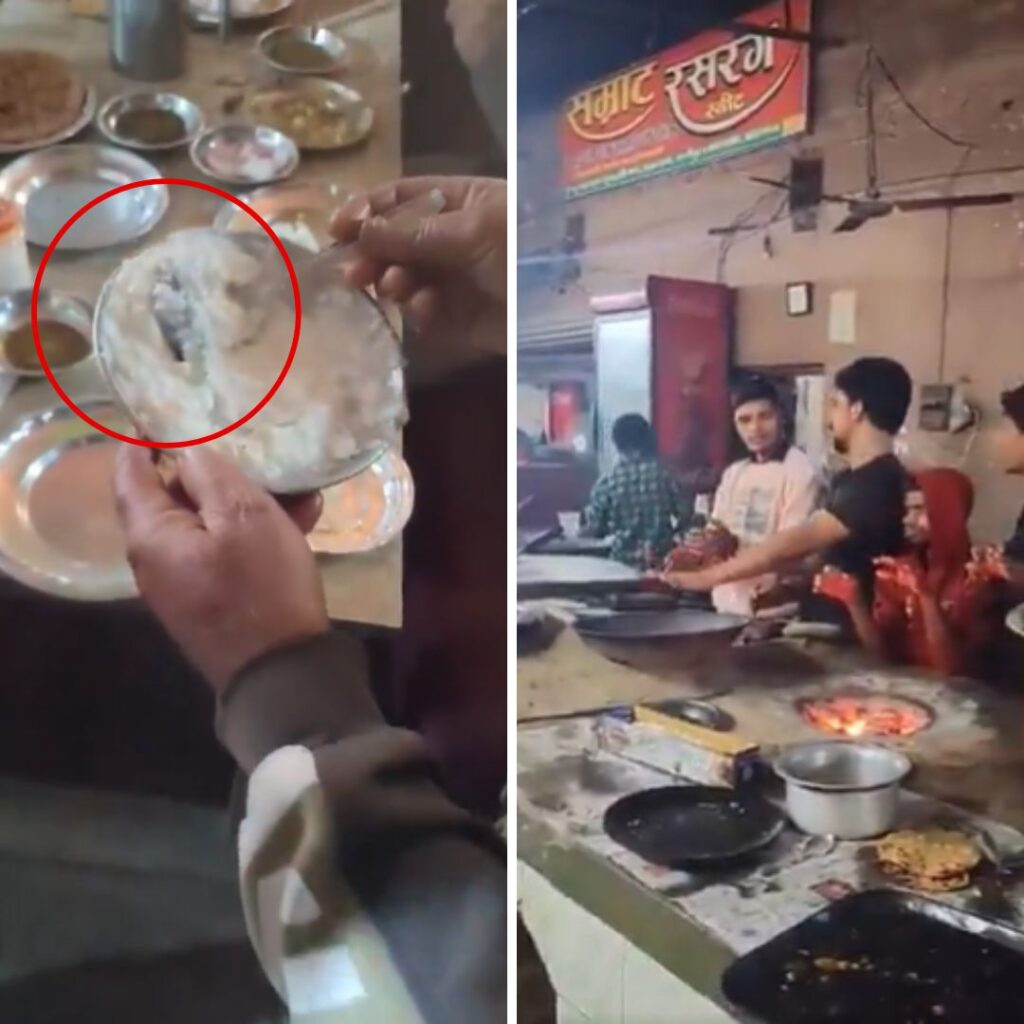It is somehow intriguing that despite being active, visible and strong, farmers’ movements in India have not been able to secure any legal entitlements for the farmers that they represent, against the usual demands that they place before governments. Very often, their demands have been met by schemes or executive orders in a good scenario, with Committees formed to look into the grievance in the moderately-successful scenario and no positive response in the usual-case-scenario. Contrast this with the successes of other people’s movements – for women’s rights, for adivasi rights, for dalit rights, for the rights of the differently abled, for right to information or right to education, or rural employment guarantee. In fact, even peasants’ movements some decades ago were successful in getting statutes in their favour, during the land reforms in this country. It appears that Indian farmers’ movements have been too trusting of the regimes in power.
Incidentally, this is the case even at the international level. It is only now that the United Nations is debating a Declaration on the rights of peasants and other people working in rural areas, under the Council for Human Rights (UNCHR) which is limping forward slowly.
Against this backdrop, the current struggle by farmers, under the broad umbrella of All India Kisan Sangharsh Coordination Committee (AIKSCC), to secure two legislations for themselves wherein would be embedded legal entitlements against indebtedness, against unremunerative prices and against lack of support in case of disasters, assumes great historical significance.
Soon after the Mandsaur firing incident against the spontaneous farmers’ uprising in Madhya Pradesh (after a similar struggle in Maharashtra), wherein 6 farmers were ruthlessly killed by the state police, some farmer leaders of the country began making the effort to join hands for a joint struggle. When AIKSCC was formed in July 2017, there were only a handful of organisations which had resolved that they will put aside differences if any and work on two commonly-agreed demands: loan waiver and prices as recommended by the National Farmers’ Commission. Subsequent to the initiation of the platform, Kisan Mukti Yatras were taken up in various regions of the country over the next few months, lasting till November 2017. These Yatras not only refined the demands of AIKSCC, but also brought in many more new constituents. Today, 193 farm organisations, small and big, representing different categories of farmers are part of the AIKSCC. This conglomeration of organisations also has constituents who primarily raise issues of agricultural workers, tenant farmers, adivasi farmers, small and marginal holders, women farmers etc. A mutual shaping of thinking and visioning is also a natural consequence of such an unusual formation.
From October 2017, a process of creating statutory frameworks for the two demands of AIKSCC got initiated. In November 2017, in a historical Kisan Mukti Sansad on Parliament Street in an exclusive, all-women farmers’ parliament, the first drafts of two Bills, named then as “The Farmers’ Freedom from Debt Bill 2017” and “The Farmers’ (Right to Assured Remunerative Price for Agricultural Produce) Bill 2017” were introduced and passed.
Subsequently, in scores of state level and other meetings, public consultations with thousands of farmers were organised making the revisions of these Bills into a widely-informed process. There were numerous legal and agricultural experts who gave detailed feedback, often clause-wise, on the Bills circulated. In the month of February and March 2018, a small expert group was constituted by AIKSCC with some of its Working Group members and some legal experts to look carefully at all the comments received and revise the two Bills comprehensively. The Bills have been finalised as “The Farmers’ Right to Freedom from Indebtedness Bill 2018″ and “The Farmers’ Right to Guaranteed Remunerative Minimum Support Prices for Agricultural Commodities Bill 2018”.
On March 28th 2018, one more historical moment arrived for this farmers’ movement. In the Constitution Club in the national capital, leaders of various political parties were invited to a Round Table by AIKSCC, to extend their support and solidarity to these two Bills. A very large number of parties, 21 of them, not only extended their support but have also signed a formal resolution addressed to the Speaker of the Lok Sabha and Chairperson of Rajya Sabha urging them to use the powers vested in them to permit the Bills to be taken up for consideration and passing on an urgent and priority basis. They resolved to support the two Bills. Among the political parties which supported the two draft bills are NCP, JDU-S, INC (Congress), CPI (M), RJD, BJD, Shiv Sena, Trinamool Congress, AAP, RLD, Jammu and Kashmir National Conference, Swabhimana Paksha,YSR Congress Party, TDP, TRS, Samajwadi Party, BSP, INLD, DMK, AIADMK, Janata Dal (S), Jharkhand Vikas …











